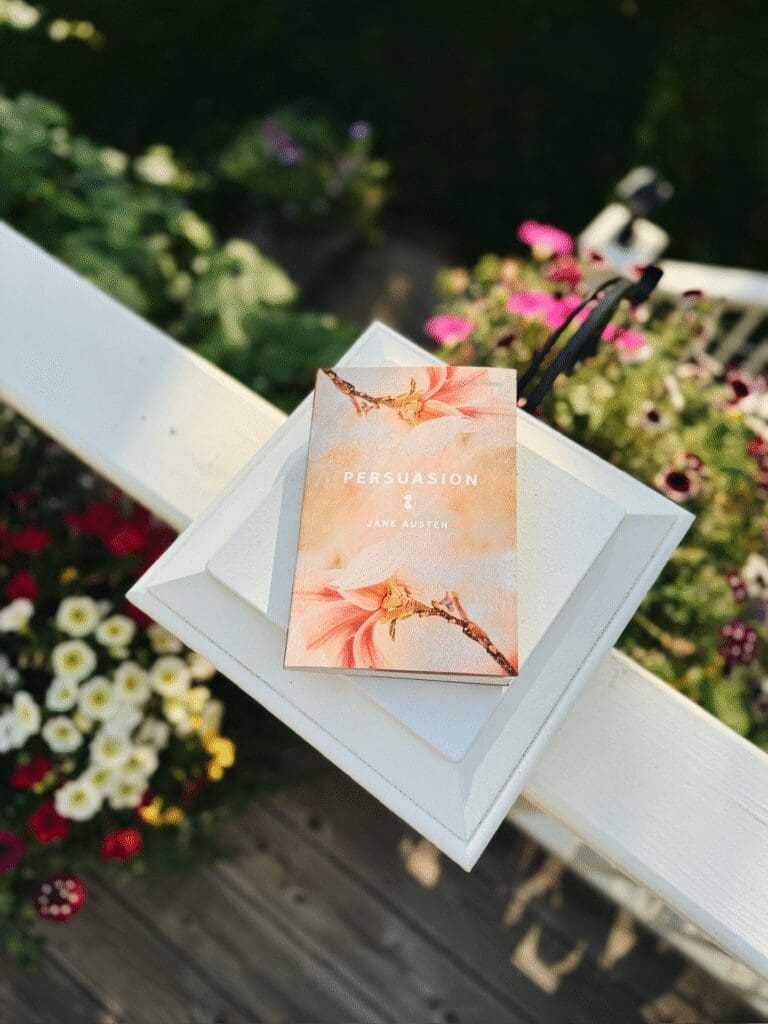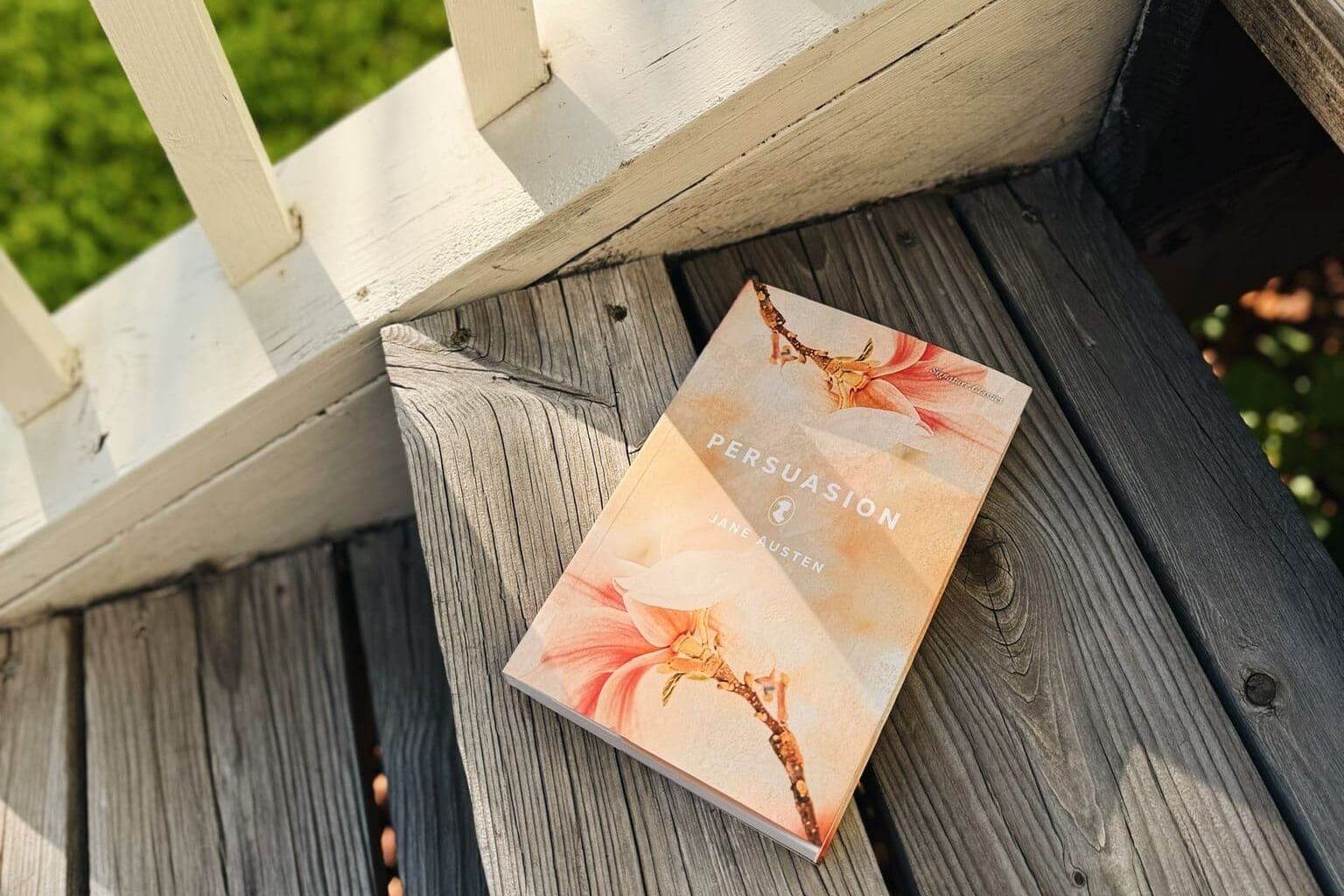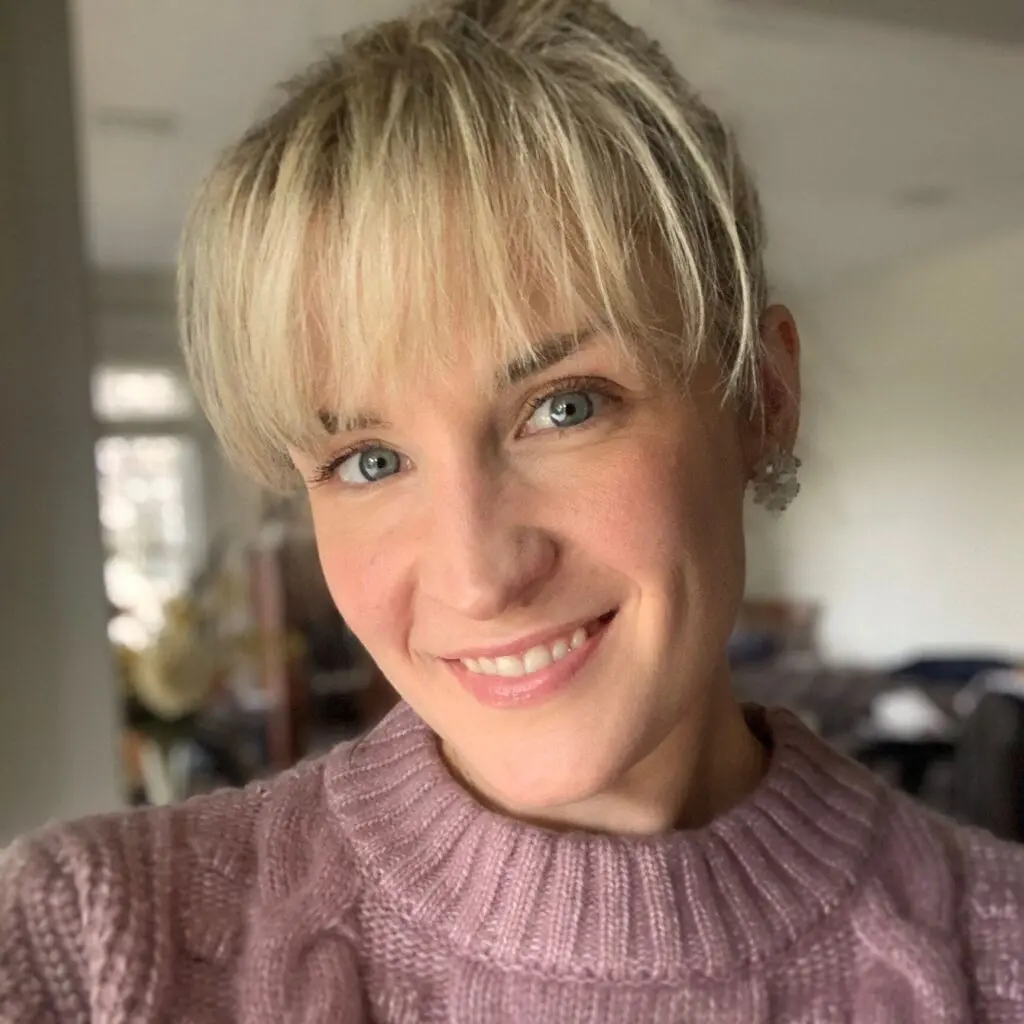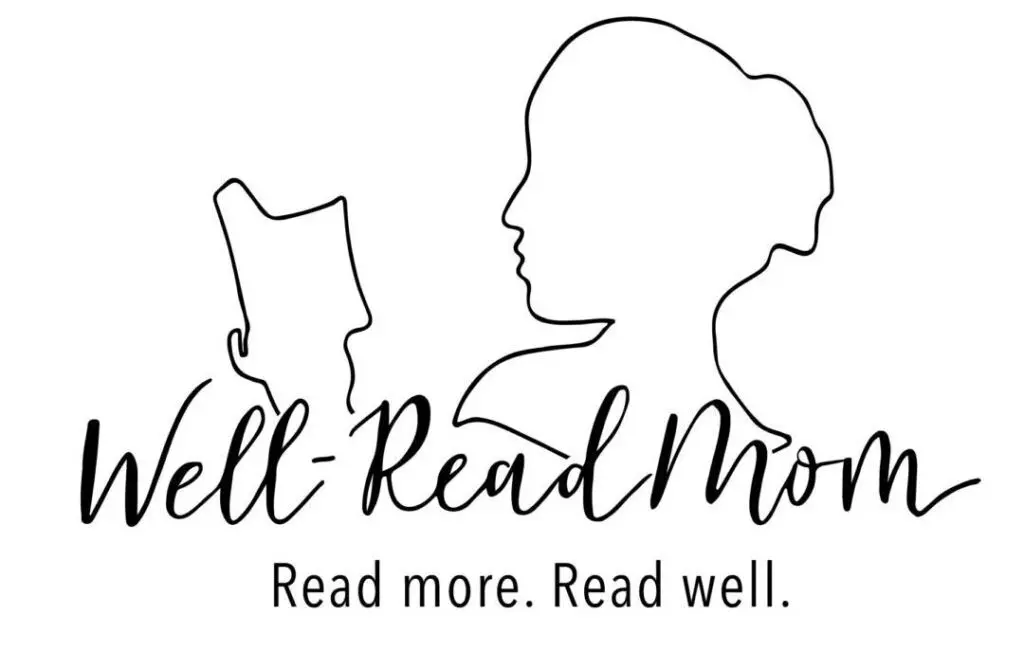Friends and the Formation of the Heart
Written by Megan Keyser
This fall, Well-Read Mom commences the Year of the Teacher and invites its members to reflect on the end (or objective) of learning, the various types of educators in our lives, and how we are impacted or shaped by those teachers. When most of us think about education, images of textbooks, stacks of homework, and school hallways often come to mind. Yet, the formal education we undertake—whether at home or in a conventional school setting—comprises only a small portion of the schooling we receive in this life.
In fact, if true education consists of the molding, not only of the mind, but also, and more vitally, of the heart and soul, we are being constantly shaped, pruned, and sculpted by a variety of instructors each and every day. From infancy onward, we are the beneficiaries of countless educators, and the quality of the teachers in our life has a profound impact on our formation. While our education is imparted from innumerable sources, a person’s friends are some of the most powerful and persuasive of teachers—capable of significantly influencing the trajectory of our lives.
In Jane Austen’s Persuasion, we encounter such a profound influence. Persuasion, Austen’s last completed work, centers on Anne Elliot, the wise, though frequently overlooked, second daughter of Sir Walter Elliot—a Baron distinguished in title and appearance, but little else. Though Anne possesses a refinement of soul that easily outshines the rest of her family, in this Regency-era Cinderella tale, she remains little regarded or esteemed by those closest to her. Bereft of her beloved mother, despised by her elder sister, and ignored by her father, Anne naturally, and justifiably, gravitates toward the one mentor who truly values her worth: a longtime friend of Anne’s late mother, Lady Russell.
Though Lady Russell is, in many respects, a woman of good will and kind friendship, her weak perception and shallow judgement allow superficialities, such as rank, privilege, and appearance, to eclipse the true virtue (or lack thereof) of others. Thus, while Lady Russell’s devotion to Anne is sincere, her counseling to the lonely girl—however well-intentioned—is marred by her own flawed judgement and lack of careful discernment. In no instance is this counsel more lamentable than in Lady Russell’s convincing disapproval of Captain Friederick Wentworth—the love of Anne’s life. Without firm familial support, Anne, in her isolation, allows Lady Russell’s friendly influence to supersede her own well-formed sense, persuading Anne to dismiss not only the inclinations of her heart, but also the careful assessments of her mind, thereby resulting in years of considerable regret and sorrow.


How could such a misstep happen? After all, Lady Russel “was a benevolent, charitable, good woman…correct in her conduct, strict in her notions of decorum…[with] a cultivated mind, and was, generally speaking, rational and consistent.” Most of us know uncivil, distasteful, and selfish individuals make for poor companions, but how can kind, loving, well-intentioned friends lead us into heart-wrenching situations? I think that the answer lies somewhere in Lady Russell’s lack of depth. Yes, she was a doting friend and a well-mannered woman, but if we are looking for spiritual and emotional guides, we need so much more. We need friends of serious reflection—friends who think deeply and thoroughly on the most important things in life, the things that affect our eternal welfare and happiness. We need friends that will lovingly speak challenging truths and friends that inspire more than mediocrity. We need friends who will bring out the best in us and, simultaneously, offer the best to us. In short, we need saintly friends, who will, in turn, help us become saints.
But how do we find these friends? And, just as importantly, how do we become such friends? Obviously, a strong sense of virtue is paramount to genuine friendship, but if we are to help each other continually grow in grace and goodness, we should ideally possess clear insight and understanding, as well—particularly insight into our human nature, its foibles, and its strengths. And what better way to examine human nature, to truly consider events and people, than through the study of literature. Jane Austen, and countless other renowned authors, masterfully demonstrated this keen perception of human nature and were able to communicate their wisdom through story-telling. Consequently, with every novel we pick up, with every Well-Read Mom we attend, we are participating in this thoughtful examination of the human condition, and the thoughtfulness we employ, both when we engage with the novel and when we discuss it, helps fashion our minds and hearts. By carefully pondering the fictional character created by the most penetrating minds, we are musing over some of the most essential aspects of human existence—we are considering the intimate workings of friendship, love, marriage, tragedy, triumph, grief, and hope. We are learning how—and how not—to live out our lives. We are learning to not only perfect ourselves for our own betterment, but also how to become friends of worth—friends that will help others on our earthly journey towards Heaven.
At one point in Persuasion, Lady Russell refers to Lady Dalrymple, an affluent and socially prominent relative of Anne, as “‘an acquaintance worth having.’” Mr. Elliot, Anne’s gentile, yet morally bankrupt cousin, concurs, arguing that, while the Dalrymples were “nothing in themselves…as a family connexion, as good company, as those who would collect good company around them, they had their value.” Anne’s rebuttal is significant: “My idea of good company, Mr. Elliot, is the company of clever, well-informed people, who have a great deal of conversation; that is what I call good company,” but Mr. Elliot’s response is even more telling: “You are mistaken…that is not good company, that is the best.”
I recall spring of 2020, during the aftermath of Covid. The forced shutdowns of businesses, the closing of schools, the cancelling of events and occasions, and even the shuttering of Churches, seemed to crystallize the importance of human relationship and the dire consequences of limiting human interaction. Though I would describe myself as more introverted, I still acutely missed the smiles of strangers and the conversation of friends. It was this isolation that prompted me to start my own Well Read Mom chapter, as I desperately wanted to foster and enrich relationships with women in my community. I knew I needed the wisdom and example of truth-seeking women, and I wanted to help create an environment that prompted the instruction of the heart through the study of good and beautiful things. I wanted friends who would teach me to strive more diligently and to love more fully. So, I took the leap and followed the promptings of my heart.
By the grace of God, this group of friends—who all came together to discuss good books—has been a veritable school of instruction, as well as a balm to my soul. I am so thankful for this group of friends, for their heroic virtue, and for the unique ways they each inspire me. I am so grateful for the books we read, for the wisdom imparted, and for the fellowship found in the examined life. In gathering with these thoughtful women, I have received all for which I hoped—not just “good company…[but] the best.”
I have found friends who instruct my heart.

About Megan Keyser
Megan Keyser, a 2006 Hillsdale College graduate in Classical Studies, currently resides in central Indiana with her husband, Marc, and their twelve children. Megan thrives on the challenges of life as a Catholic, homeschooling mother, who also leads a chapter of the Well-Read Mom and engages in various writing pursuits. Despite the inevitable chaos of large family life, Megan is thankful for her lively brood and relishes juggling household responsibilities, babies in diapers, and, of course, a good book. Her work can be found on the WRM blog and Substack (classicallymeg.substack.com).
About Well-Read Mom
In Well-Read Mom, women read more and read well. Our hope is to deepen the awareness of meaning hidden in each woman’s daily life, elevate the cultural conversation, and revitalize reading literature from books. If you would like to have us help you select worthy reading material, we invite you to join and read along with us. We are better together! For information on how to start or join a Well-Read Mom group visit our website wellreadmom.com

